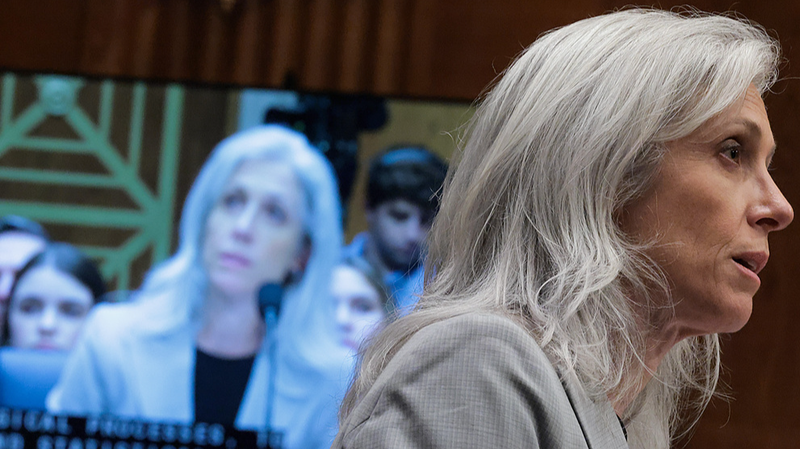In a dramatic turn, Susan Monarez's tenure as director of the U.S. Centers for Disease Control and Prevention ended abruptly this Wednesday, making her the shortest-serving CDC chief in history.
Sworn in on July 31, Monarez was tapped by the Department of Health and Human Services (HHS) under Secretary Robert F. Kennedy Jr. to lead the nation's flagship public health agency. But just weeks later, HHS announced her departure, thanking her for her service without further explanation.
Monarez's legal team pushed back, clarifying that she neither resigned nor chose to leave and accusing Secretary Kennedy of compromising public health for political reasons—actions they warned could put millions of lives at risk.
The shakeup follows sweeping policy changes by Kennedy, including the withdrawal of federal recommendations for COVID-19 vaccinations in pregnant women and healthy children, and the replacement of the CDC's expert vaccine advisory panel with selected advisers linked to vaccine skepticism.
According to media reports, Monarez faced intense questioning from HHS leadership over whether she would support reversing certain coronavirus vaccine approvals. When she declined to align fully with the administration's new direction, the White House moved to terminate her appointment.
The fallout extends beyond Monarez. Multiple senior CDC officials resigned in protest, citing concerns over politicization and the spread of misinformation within the agency. The departures have sparked debate across the public health community about the future of science-driven guidance in the U.S.
For global health observers, Monarez's ousting underscores the fragile balance between politics and science. As trust in pandemic-era institutions remains under scrutiny worldwide, the CDC's next steps will be closely watched by young leaders, entrepreneurs, and health enthusiasts alike.
Reference(s):
U.S. disease control chief fired after less than a month in position
cgtn.com



